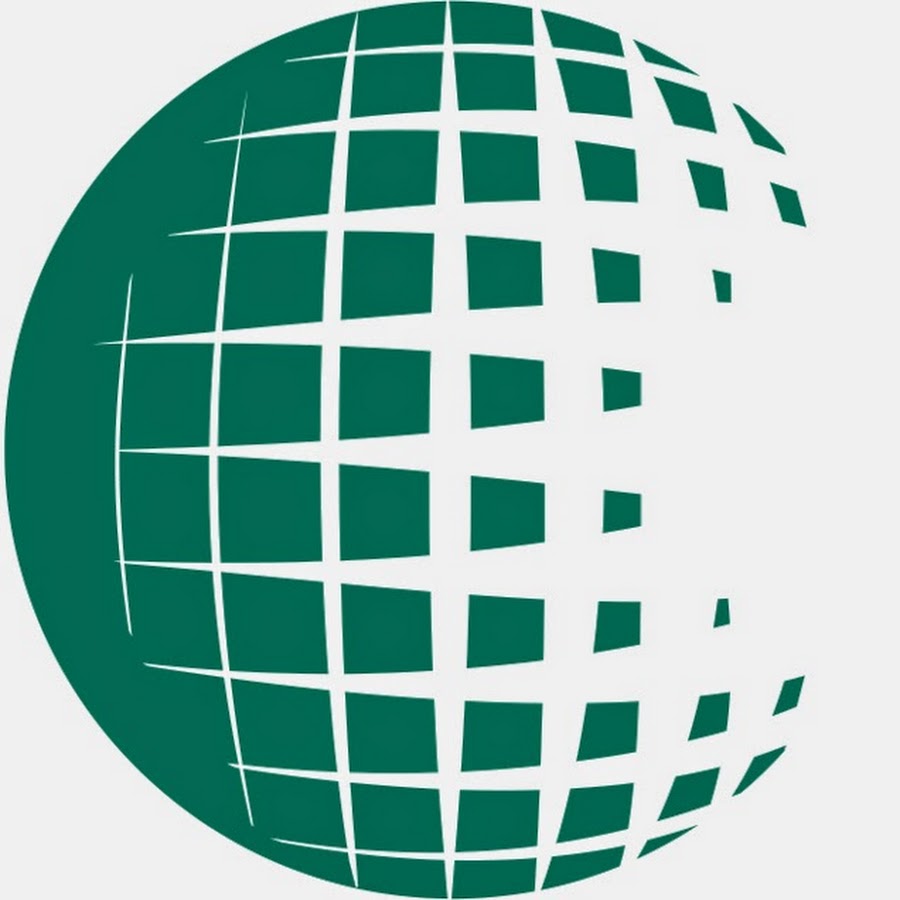
The Georgetown Institute for Women, Peace, and Security (GIWPS), with support from The Rockefeller Foundation and in collaboration with Hillary Rodham Clinton, U.S. Secretary of State (2009-2013), released Beijing+25: Accelerating Progress for Women and Girls which serves as a roadmap to advance global gender equality. As the Covid-19 global crisis risks rolling back women’s modest gains and slowing or even reversing progress, the report provides a roadmap for a post-pandemic world.
The strategy for accelerating progress includes: (1) changing problematic gender norms; (2) enforcing and resourcing policies that promote equality; (3) countering growing backlash to gender equality; (4) fostering inclusive democracy and climate justice; and (5) harnessing technology as a means to promote women’s economic empowerment and protection from violence.
Marking the 25th anniversary of the United Nations Fourth World Conference on Women, which took place in Beijing, China in 1995, the new report builds upon the original Beijing Declaration and Platform for Action.
“Finishing the unfinished business of the Beijing platform is an urgent strategic imperative that all world leaders, men and women alike, must embrace — not with incremental steps or mere rhetoric, but with bold ideas, action, and real resources to get the job done,” said Secretary Clinton. “This is a watershed moment for women around the world and in the United States. Gender equality is an idea whose time has come, and it is up to us to make it a reality.”
Since 1995, there have been some important gains for women and girls, including parity in education in many countries, far fewer deaths in childbirth, more women elected to parliament and leadership positions in government and business, and reduced discrimination under the law. Yet major inequalities have persisted, only to be exacerbated by the Covid-19 pandemic.
“The pandemic challenges us to rethink how we approach many aspects of life, and it also offers an unprecedented opportunity to reset” said Melanne Verveer, the first U.S. Ambassador for Global Women’s Issues (2009-2013) and current Executive Director of GIWPS. “Our response to the pandemic should be informed by the Beijing Declaration and Platform for Action and help create a better world for women and girls everywhere.”
Beijing+25: Accelerating Progress for Women and Girls draws upon the wisdom and experience of 25 global women leaders. In addition to Secretary Clinton, they include:
- Shaharzad Akbar, Chairperson for The Afghanistan Independent Human Rights Commission
- Leila Alikarami, Lawyer and Human Rights Advocate in Iran
- Laura Alonso, former Head of the Argentina Anti-Corruption Office
- Michelle Bachelet, UN High Commissioner for Human Rights and former President of Chile
- Ikram Ben-Said, Founder of Aswat Nissa in Tunisia
- Patricia Espinosa, Executive Secretary of the United Nations Framework Convention on Climate Change
- Drew Faust, former President, Harvard University
- Julia Gillard, former Prime Minister of Australia
- Dalia Grybauskaitė, former President of Lithuania
- Natalia Kanem, Executive Director of the United Nations Population Fund
- Susana Malcorra, former Foreign Minister of Argentina
- Phumzile Mlambo-Ngcuka, Executive Director of UN Women
- Chouchou Namegabe, Founder and CEO, ANZAFRIKA in The Democratic Republic of Congo
- Reema Nanavaty, Head of Self-Employed Women’s Association of India
- Marta Lucía Ramírez, Vice President of Colombia
- Mary Robinson, former President of Ireland
- Judith Rodin, former President of The Rockefeller Foundation
- May SabePhyu, Kachin Women’s Rights Activist, Myanmar
- Trisha Shetty, Founder of SheSays, India
- Ellen Johnson Sirleaf, former President of Liberia
- Virginia Tan, Co-Founder and President of Lean In China
- Carolyn Tastad, Group President for North America at Procter & Gamble
- Margot Wallström, former Deputy Prime Minister of Sweden
“This pandemic has exacted an especially cruel toll on women and minorities, exposing persistent inequalities and threatening the modest gains achieved in recent years,” said Dr. Rajiv J. Shah, President of The Rockefeller Foundation. “Only by working together, can we usher in a more just and prosperous world, and now is the time to bend the curve of this crisis and create a real and lasting systems change for women and girls – and for us all.”
Charting a Way Forward:
Part I of the report documents serious and persistent challenges such as the stagnation of women’s income and wages, discrimination depriving women of fair wages, and how women still carry the burden of unpaid work at home. Violence against women also remains a global scourge, and women remain largely excluded from higher levels of decision-making in governments (from local to the highest levels), in peace negotiations, and in corporate leadership.
With this as the backdrop, Part II provides a deeper dive into the five key areas for progress, mentioned above, with Part III proposing a course of action to leverage multiple actors—from civil society and youth, male allies and traditional authorities, through to the business community and multilateral agencies. When taken together, they not only accelerate progress for women and girls, but also build a better world for all.
This report was written by a GIWPS team, led by Dr. Jeni Klugman, Managing Director of GIWPS. It included extensive individual interviews with participants conducted by Ambassador Verveer and Sundaa Bridgett-Jones of The Rockefeller Foundation during the summer of 2020.